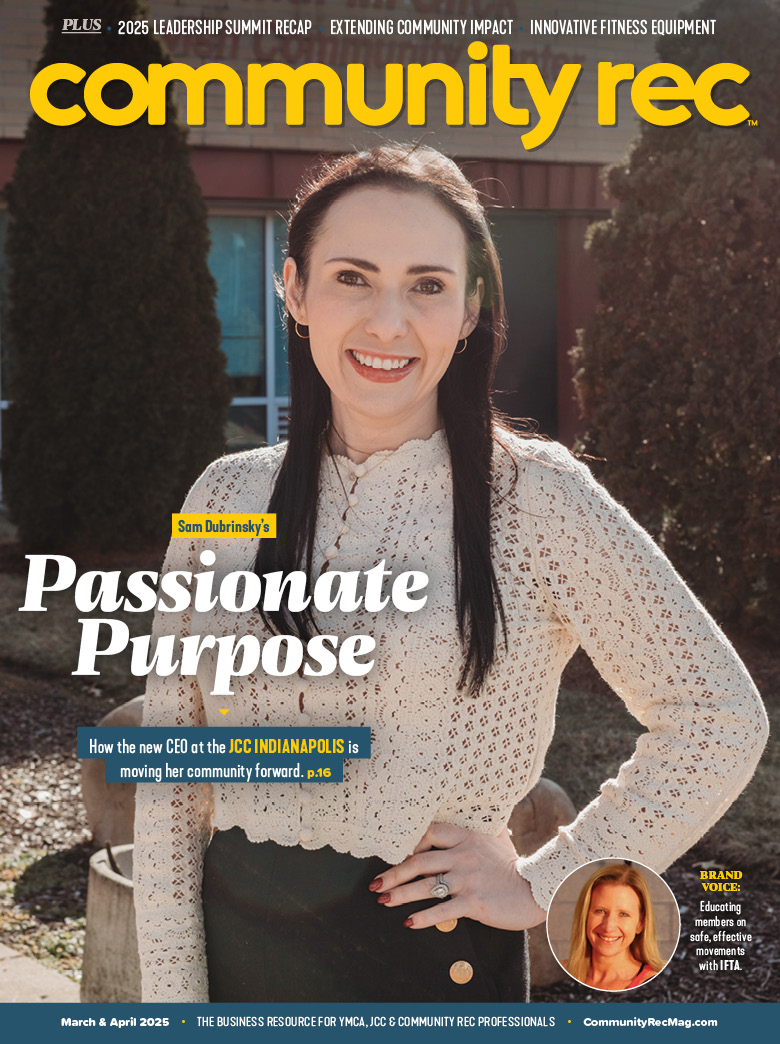“When I started at the YMCA, there was one lifeguard in his late 50s,” said Mindy Dodge, the senior director of aquatics at the Piedmont Family YMCA. “At first, I thought it was strange, but I really liked him. He turned out to be one of my best staff members. About six to nine months later, I really leaned into it.”
From there, Dodge started an aquatics safety class that had five women over 40, which resulted in two of them joining the staff as lifeguards. Today, the Piedmont Family YMCA has almost 10 lifeguards over 50 and is constantly looking to recruit more.
Tapping Into the Older Generation
“We’re coming up on one of the largest generations entering retiring age,” explained Dodge. “They’re all retiring young at 60 and 65, and they still have many years of life in them. It’s a great market.”
Not only does the Y benefit from having another lifeguard or swim instructor during a labor shortage, but Dodge emphasized how much seniors enjoy being a part of the team. Along with a wage, staff also receive a free membership and already come to the location regularly. Many seniors also appreciate any way they can give back to the YMCA with their time and talents.
One example Dodge shared included a member who didn’t want to make more money but still wanted to contribute back to the organization. As a result, he volunteers as a lifeguard and covers three hours which has become a part of his routine.
“These seniors love being a part of the team, and they’re amazing,” said Dodge. “They’re coming every day anyway, so why not be paid to be here or get your membership for free? They want to give back but sometimes don’t know how other than writing a check. There are so many ways like giving your time and talents.”
Finding the Right Candidate
Finding potential older aquatics staff doesn’t require you to look far. Dodge advised reaching out to seniors you see every day. Introducing them to the idea, benefits and training could be all that’s needed to add them to the work rotation. They can be especially helpful during commonly understaffed times like the morning and early afternoon which, according to Dodge, are their preferred times to work.
Creating relationships and encouragement go a long way with this method. Ensuring you take the time to observe from the pool deck and interact with those you see coming regularly is Dodge’s key to success.
“We look for somebody we know by name, who comes to the YMCA every day and has the strength to be a lifeguard or the personality to be a swim instructor,” said Dodge. “Often, they’ve never thought of actually doing it until somebody suggests it. It’s just about asking and getting them ready to take on the role.”
Creating Community Connections
Another benefit of hiring seniors is they already know proper work etiquette and are reliable. They learn quickly from the training and they enjoy creating relationships with professional staff and other younger lifeguards.
“The team gets to learn from the experience of the seniors, and they receive good advice from someone who looks more like their parent or grandparent,” said Dodge. “When seniors are here, they love getting to hang out with teenagers. It reminds them of their kids or grandkids and gives them a little more vitality in life they may not have gotten at home.”
Recognizing the value and skills older adults could bring to aquatics roles and other positions not only provides a potential solution to the labor shortage, but also enriches the community. As more people enter retirement age, offering meaningful ways to encourage them to stay active and engaged can be a win-win for everyone involved.
Want more resources like this sent straight to your inbox each week? Sign up for a digital subscription here.









